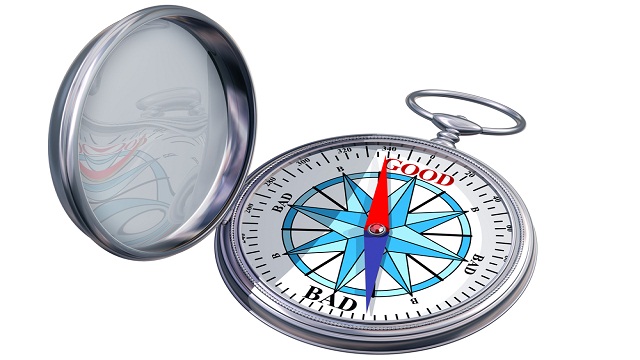Dreamland: Adventures in the Strange Science of Sleep

Sometime later today, I’ll get tired. Coffee induced inspiration will guide me through the morning and into the afternoon, but eventually my muse will leave me for another lowly writer. Doubting basic cable will keep my attention, I’ll collapse onto my bed, close my eyes and slip into dreamland.
For something as universal and consequential as sleep it’s remarkable how little attention it receives. We all do it; we’re all bound by it. Yet we never stop to think about how we spend nearly a third of our lives. That’s where journalist David K. Randall comes in.
Randall is the author of Dreamland, an insightful new book with a fresh perspective on the strange science of sleep. An unfortunate case of sleepwalking drove Randall to write Dreamland. After finding himself collapsed in a hallway, hurt and confused and not knowing how he managed to stray thirty feet from his bedroom, Randall visited the doctor to curb a history of midnight adventures. The diagnosis revealed an unsatisfying reality: there’s a lot we don’t know about sleep.
Armed with intrinsic curiosity, Randall set out to bring to life what is known. Consider the research of Roger Ekirch. Back in the 1980s and 1990s, Ekirch pored through ancient and medieval texts and discovered that for most of human history people engaged in “first sleep” and “second sleep.” The “first sleep” was spent after sundown until around midnight. Then people woke up and spent an hour or two “praying, reading, contemplating [their] dreams, urinating, or having sex.” “Second sleep” followed until the morning.
A researcher in Bethesda, Maryland, named Thomas Wehr came across Ekirch’s research and saw a connection. Wehr had been studying how artificial light affected sleep and found that when he deprived subjects of artificial light they reverted back to “segmented sleep.” In fact, according to Randall, “In places of the world where there isn’t artificial light – and all the things that go with it, like computers, movies, and bad reality TV shows – people still sleep this way.” It appears that Edison’s illuminating invention screwed up our natural sleep patterns.
Another stimulating anecdote in Dreamland is a chapter about sleep and creativity. Randall reports on a study I mentioned previously on this blog. It comes from Ulrich Wagner and Jan Born. In it, they tasked participants with transforming a long list of number strings. It was deliberately tedious, but Wagner and Born integrated an elegant yet difficult to spot shortcut that made the task easier. Would the participants detect it?
Only 20 percent of them found the shortcut even after wrestling the task for several hours. The key part of the experiment was that Wagner and Born let some of the participants sleep between experimental trials. They discovered that dreamland was a good problem solver: 59 percent in the sleep condition found the shortcut.
The takeaway is plain to see: sleep is necessary for a sharp mind. Yet, Randall also found a surprising amount of cases where consequential mistakes boiled down to a lack of sleep: friendly fire during the Gulf war was attributed to soldiers only getting a few hours of sleep a night; jet lag was causing East Coast NFL teams to regularly lose to West Coast teams; and early start times at school and in the office made it difficult for kids and professionals to work effectively. But thanks to sleep research the US Army gives soldiers more time to sleep, trainers are implementing sleep schedules and schools and businesses are making key adjustments to their schedules.
The progress is limited, however. Randall reminds us that we live in a work hard play hard society where being tired is a sign of weakness and not a biological reality. After reading Dreamland and speaking with Randall I realized that many of our problems are fixable with a good night’s sleep. It might sound obvious, but it’s worth repeating: sleep is important.
Of course, there’s much more to Randall’s book than this reminder and the research I’ve mentioned. Stories from scientists, dream clubs and even people who have committed crimes while sleepwalking fill the rest of the pages. And in contrast to many popular science books Randall’s tone is humble. He’s an outsider looking in, welcoming anyone willing to join him. I recommend doing just that.
Follow David on Twitter.
And here’s a link to Dreamlandon Amazon.





